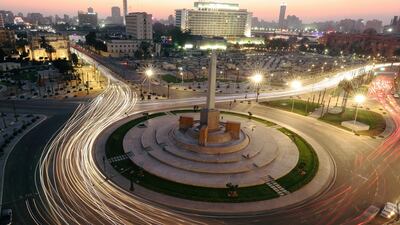In the wake of the catastrophic blast in Beirut last week, Egypt’s Civil Aviation Authority on Monday announced a senior committee to look into whether any dangerous materials are stored in or near the country’s airports.
The decision by Aviation Minister Mohammed Manar appeared designed to avoid a disaster similar to the one that ravaged the Lebanese capital on August 4 when a huge blast tore through Beirut after a fire ignited 2,700 tonnes of ammonium nitrate stored at the city’s port.
The Beirut blast killed at least 163 people and wounded over 6,000.
The committee, led by the ministry’s security chief, will examine warehouses, shipments and storage yards in all of Egypt’s airports, according to a ministry statement.
The committee will “take precautionary measures regarding dangerous materials with the intent of immediately releasing them to their owners or transferring them to safe storage facilities outside airports and populated areas,” said the statement.
An explosion at a chemicals factory outside Cairo’s main airport injured a dozen people in 2018. Egypt’s state news agency MENA said at the time that the blast occurred in a storage facility belonging to a local petrochemicals company outside the airport in the eastern part of the capital, home to some 20 million people.

